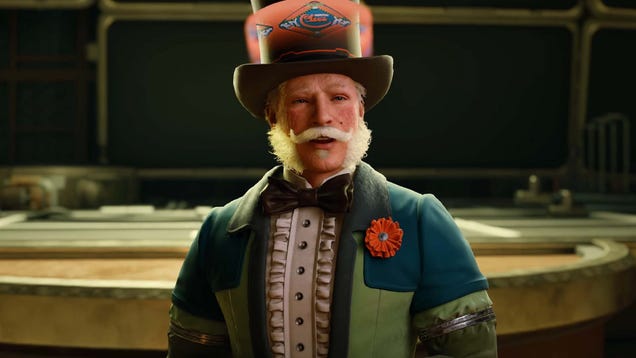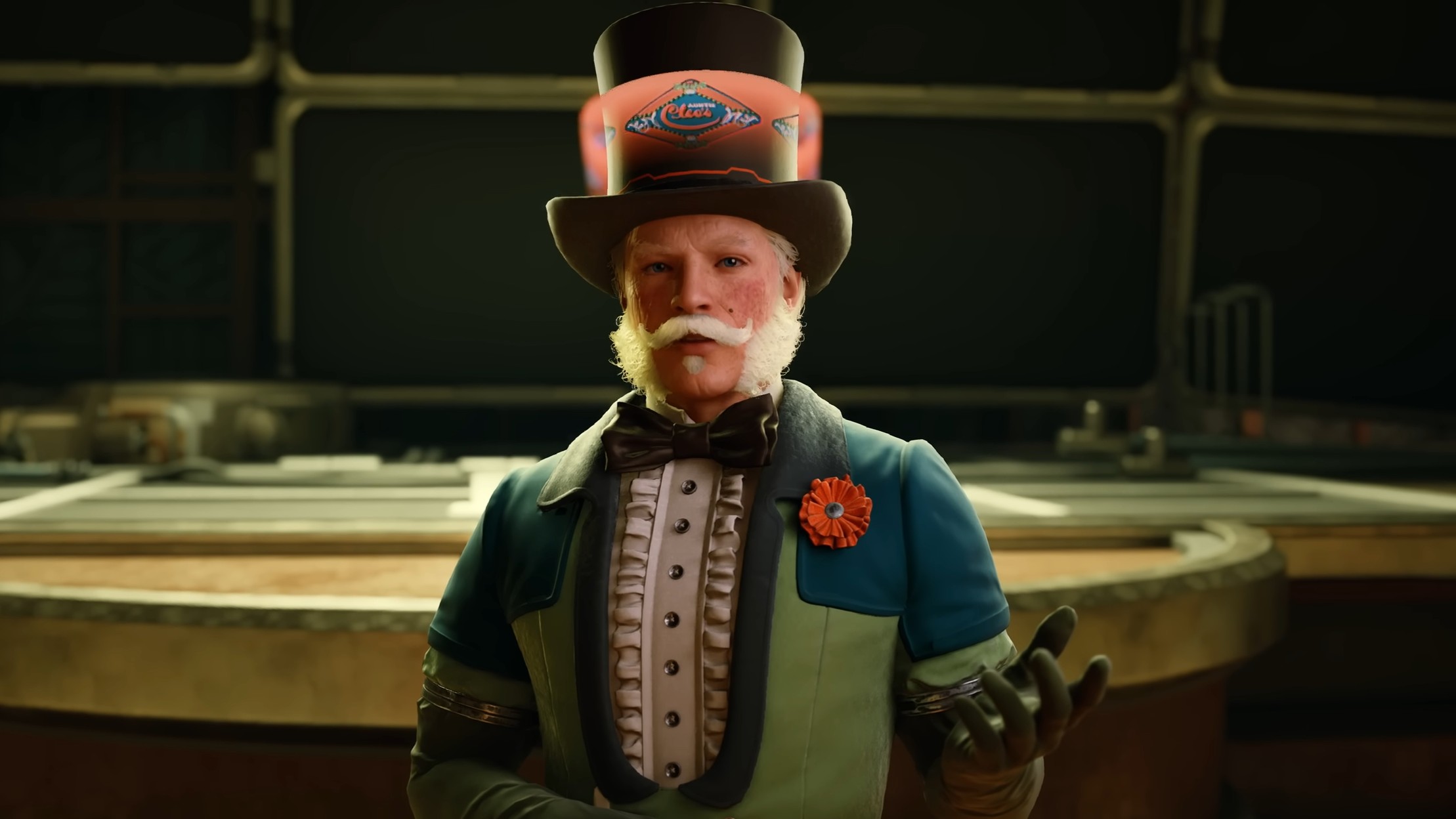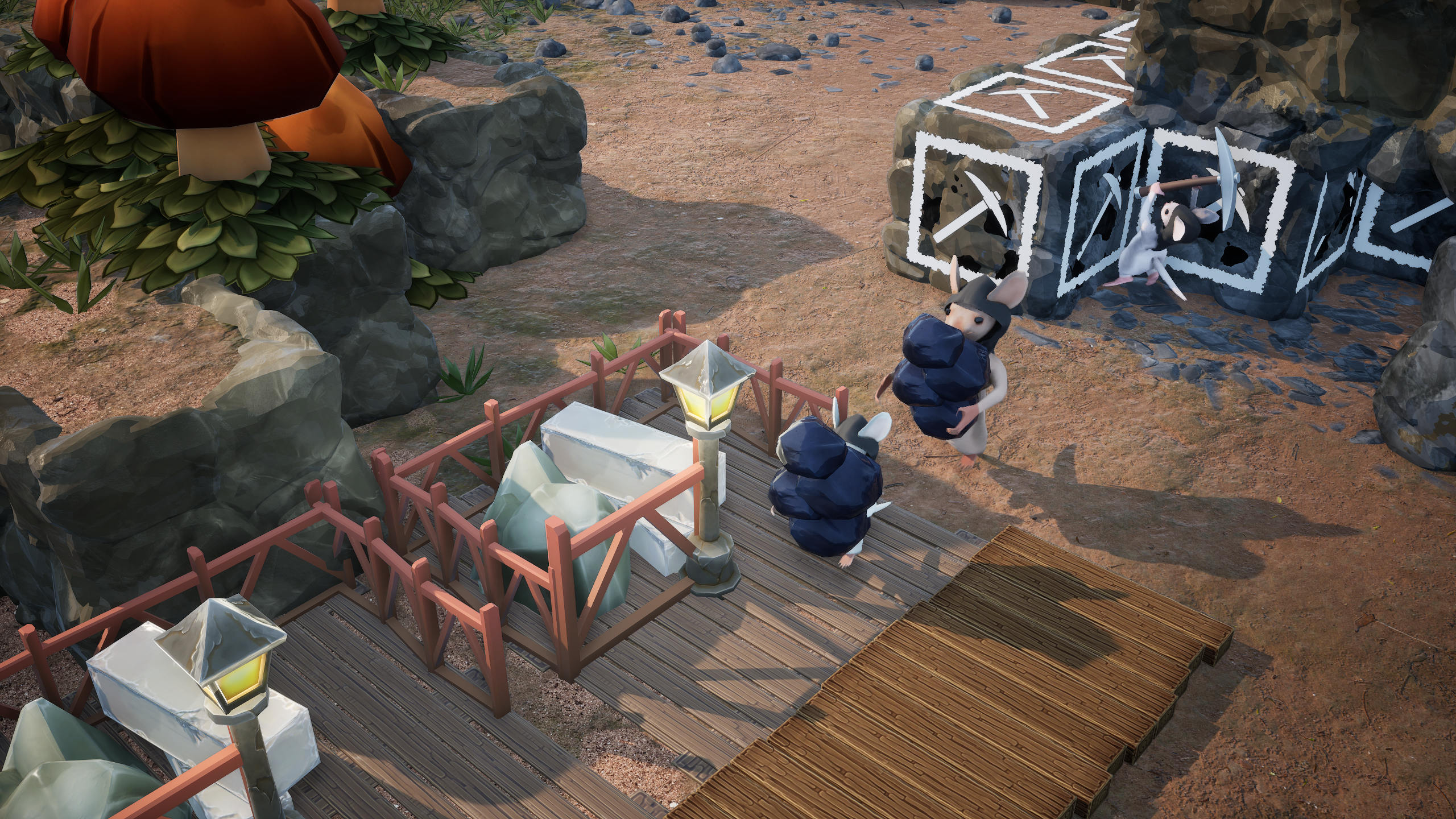
Old Skies Review - An Affecting Stroll Down Memory Lane
For as much as change can be scary, it can be all the lonelier to remain stagnant while the world and the people in it continue moving on without you. That’s the crux of Old Skies, a point-and-click adventure game in which you play as Fia Quinn, a professional time traveler immune to the effects of the shifting timeline. On the surface, Old Skies first appears to be your typical time-travel story about the pitfalls of affecting time, but the story surprises in how it instead delves into the negatives of not influencing the flow of time, of being someone that no one remembers, regardless of what you accomplish. It makes for an incredibly affecting tale, one that has stuck with me since the credits rolled.
As Fia Quinn, you’re tasked with traversing the timeline through a handful of moments in New York’s history, ranging from the Gilded Age to the morning of September 11, 2001 to an impactful afternoon in 2042. Fia works for ChronoZen, an agency that takes wealthy clients back in time to relive moments of the past, solve their long-forgotten mysteries, or change minor details about their life that they regret. The work rarely goes as planned, forcing Fia to adapt on the fly and deduce the best way to get the client what they want without affecting aspects of history that the algorithm-following higher-ups have decreed must remain unchanged.

For better and worse, Old Skies is extremely linear, with only one solution to each of the problems that Fia comes up against. In terms of narrative theming, I like this a lot–it reinforces that Fia’s fate in this story is unyieldingly static and that the timeline in general must follow a set series of events. But this structure hurts the gameplay, too. There were times when I thought of a way to solve the problem at hand, and it didn’t work–forcing me to guess a bunch of random solutions instead–and if the right answer was nonsensical, I’d grow irritated, especially if the solution I’d presented utilized a throughline of logic the game had already established in an earlier puzzle. If I have to use cash for Fia to bribe someone in the very first mission, using money to bribe people should be a valid way of collecting information later when speaking to people who are clearly looking for cash. And yet, I don’t think I could bribe a single other person for the rest of the story, despite money appearing in Fia’s pocket with every time jump–a constant reminder of an item I could not use and was foolish for thinking otherwise.






